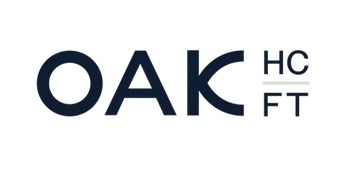Eating Disorder Psychiatry Fellow (PGY-5)

Eating Recovery Center
This job is no longer accepting applications
See open jobs at Eating Recovery Center.See open jobs similar to "Eating Disorder Psychiatry Fellow (PGY-5)" Oak HC/FT.Job Summary: The Eating Disorder Fellowship is a comprehensive 1-year program designed to provide advanced training and clinical exposure in eating disorders across all levels of care. As a fellow, you will collaborate within a multi-disciplinary team under the guidance of Dr. Steven Crawford at Eating Recovery Center (ERC), a nationally acclaimed eating disorder program. This fellowship, affiliated with the University of Maryland, focuses on delivering training in evidence-based psychotherapy, medical management, and multidisciplinary care for patients dealing with moderate to severe eating disorders. Post-fellowship employment opportunities may include a role as an attending psychiatrist at ERC.
Responsibilities:
- Develop expertise in identifying, diagnosing, and formulating treatment plans for individuals with eating disorders.
- Administer psychological treatment modalities, including cognitive-behavioral therapy and family-based treatment, to patients experiencing eating disorders.
- Address comorbidities associated with eating disorders, such as mood disorders, anxiety, trauma, OCD, and substance use.
- Acquire an understanding of the pathophysiology of starvation, medical complications, and refeeding syndrome.
- Make day-to-day medical decisions and act as the primary medical provider for assigned patients under supervision.
- Participate in clinical care and research activities based on individual preferences.
Qualifications:
- Completion of Psychiatry residency.
- PGY Level 5.
Benefits:
- CEDs certification expenses covered by ERC Pathlight.
- Paid fellowship program with a salary at the attending level.
- University of Maryland-provided benefits.
- Opportunity to work in a mission-driven organization addressing complex cases.
- Professional development and collaboration with experts in the field.
- Training in evidence-based treatment modalities.
- Career training, advancement, and leadership development.
- Strong commitment to individual, family, and group therapy.
- Access to technology and tools streamlining administrative functions.
- Competitive salaries and industry-standard benefits.
This job is no longer accepting applications
See open jobs at Eating Recovery Center.See open jobs similar to "Eating Disorder Psychiatry Fellow (PGY-5)" Oak HC/FT.